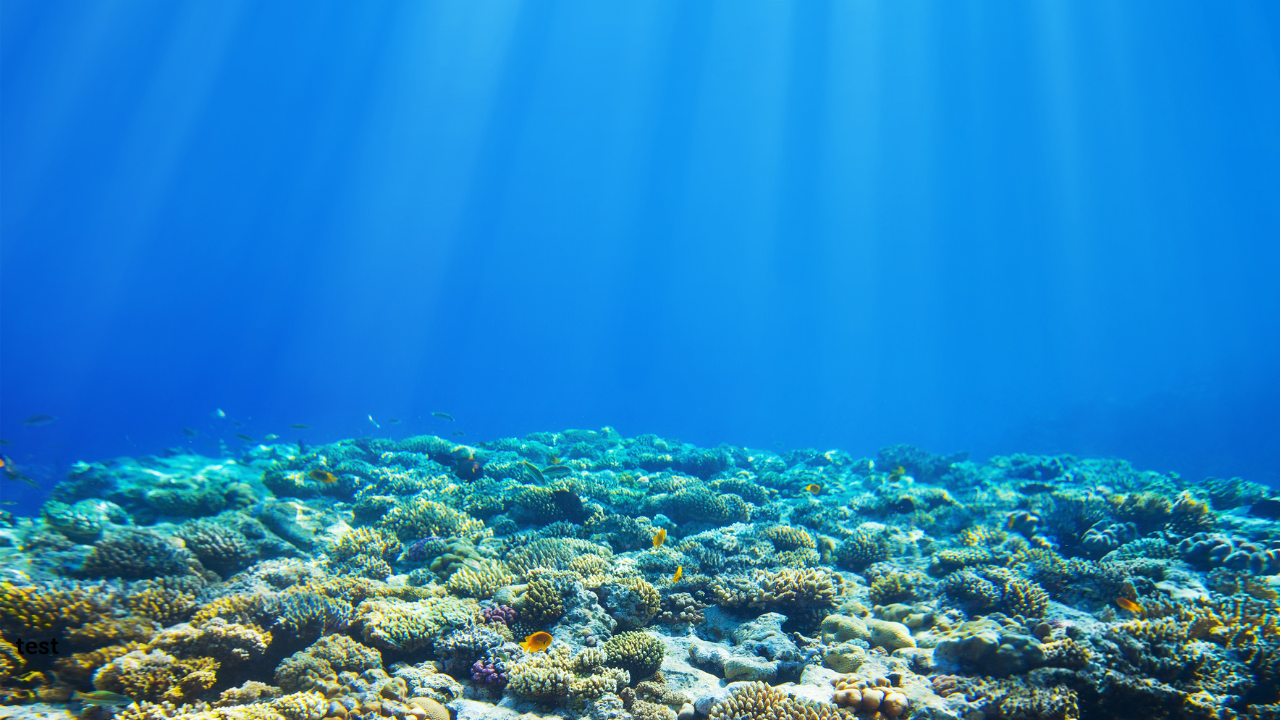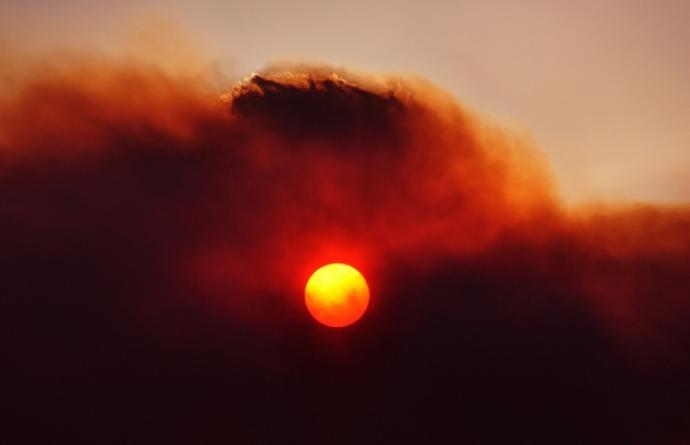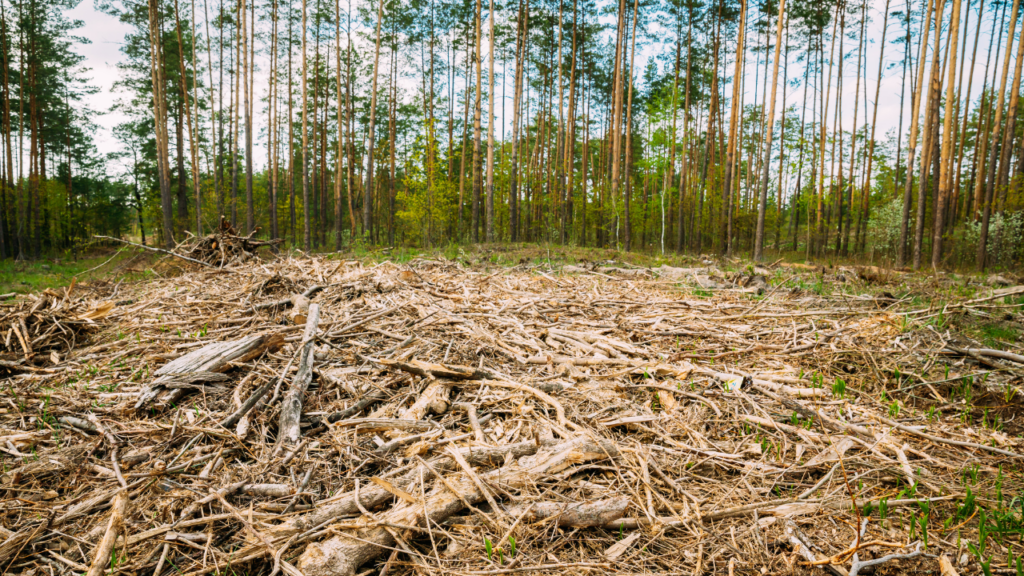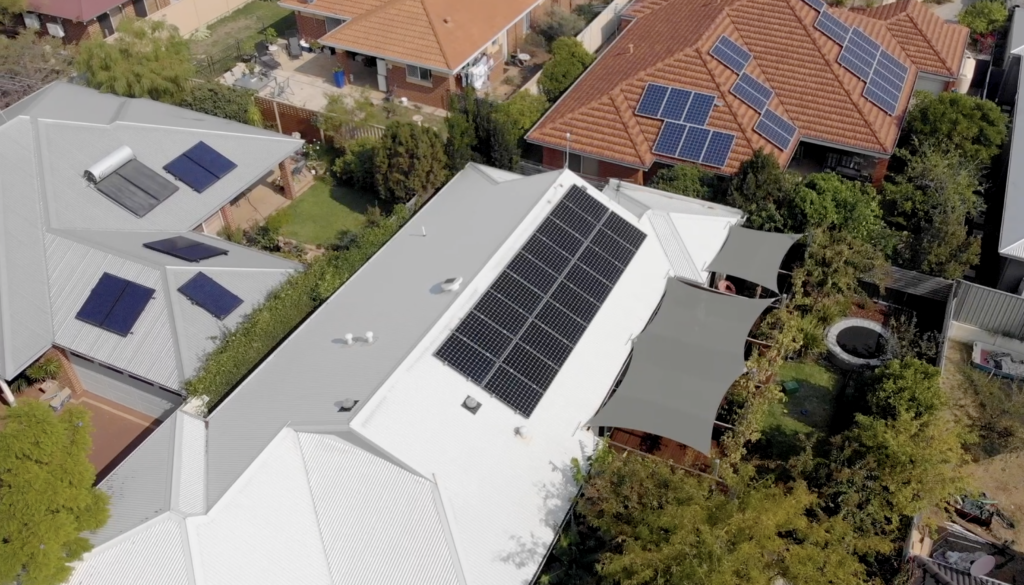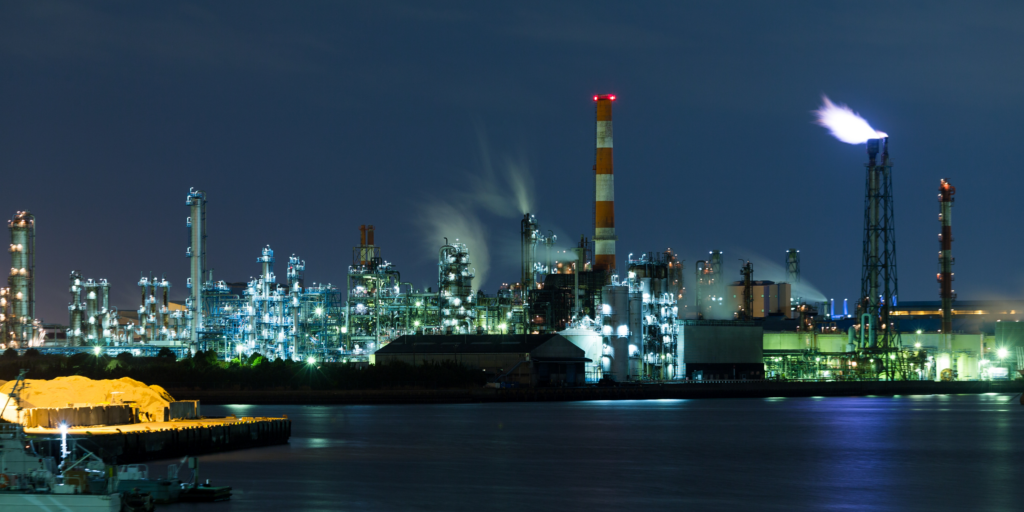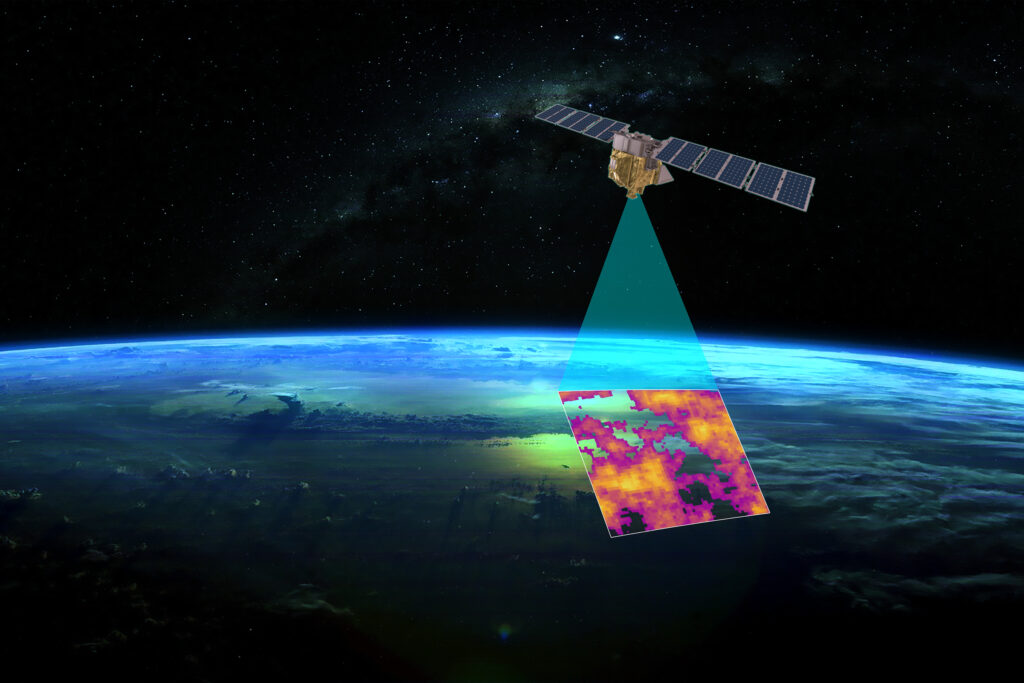SCIENTISTS have underscored that climate pollution from coal, oil and gas is the culprit behind new research findings that show the Great Barrier Reef is experiencing ocean temperatures hotter than anything recorded in the past 400 years. The paper, ‘Highest ocean heat in four centuries places Great Barrier Reef in danger‘ was published in Nature this morning.
News of the repeated and catastrophic damage occurring on the Reef comes as Australia awaits the outcome of a significant legal case known as the “Living Wonders” climate case before the High Court.
Co-author of the paper and Climate Councillor David Karoly said: “Climate pollution is a grave threat to our beloved reef. Every fraction of a degree of warming harms all the unique animal and plant species that the Great Barrier Reef is home to.
“Any new coal, oil or gas project adds to our climate pollution problem and is driving record temperatures and intense marine heatwaves that devastate coral reefs in the same way that bushfires devastate our forests. In defiance of the science, the Australian government continues to approve new coal and gas projects that are turning up the temperature and putting our lives and the places we love in greater harm’s way. While our environment law is failing to do the very thing it exists to do: protect our natural environment.”
Director of Research at the Climate Council, Dr Simon Bradshaw said: “All life, including our own, depends on the ocean – the great blue beating heart of our planet. We are watching in real time as that life support system unravels. The rapid changes to our Great Barrier Reef and other irreplaceable marine ecosystems are a harbinger of even more dangerous times ahead if we fail to cut climate pollution much further and faster than we are.
“This year we have again watched the Great Barrier Reef suffer enormous damage due to rising ocean temperatures. It is fading before our eyes and, without far more urgent action to drive down climate pollution, may soon be bleached in marine heatwaves almost every year. We must cut climate pollution faster, so that we can give our Reef a fighting chance and our children an opportunity to delight in its wonders.”
For interviews please contact Lydia Hollister-Jones on 0448 043 015 lydia.hollister-jones@climatecouncil.org.au, or the media team on media@climatecouncil.org.au or 0485 863 063.
The Climate Council is Australia’s leading community-funded climate change communications organisation. We provide authoritative, expert and evidence-based advice on climate change to journalists, policymakers, and the wider Australian community.
For further information, go to: climatecouncil.org.au
Or follow us on social media: facebook.com/climatecouncil and twitter.com/climatecouncil

